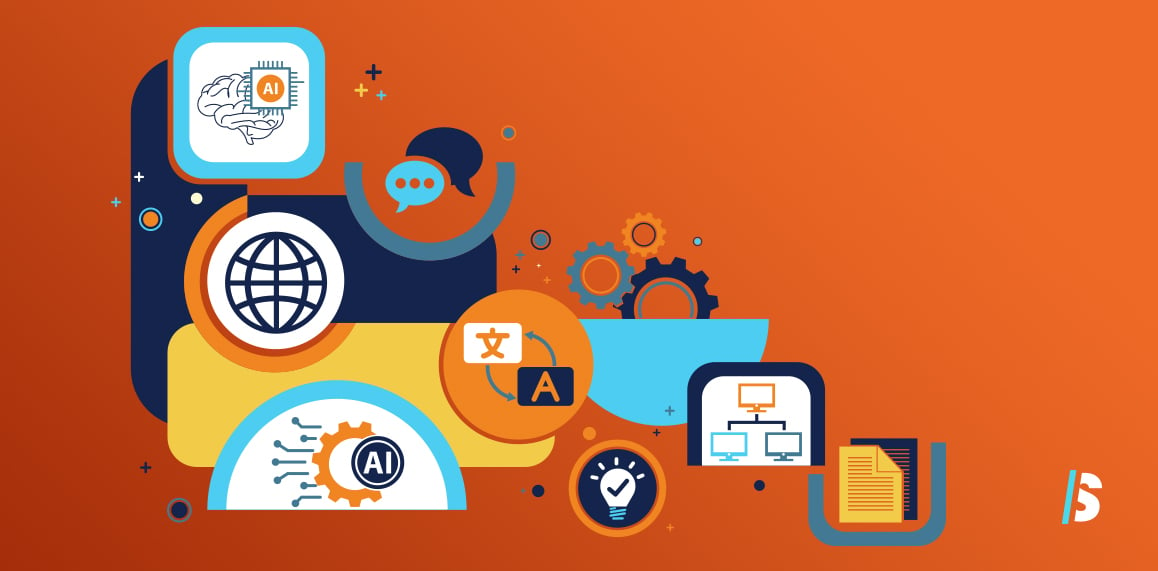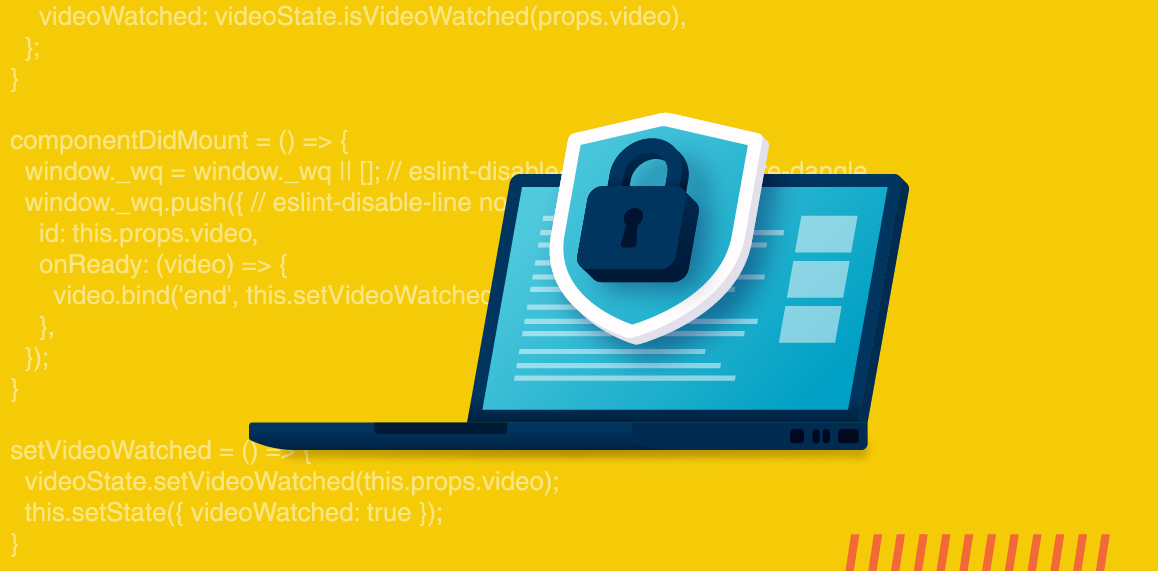What if you could clone your brain and have it answer emails, prep briefs, troubleshoot issues, or train new team members, without burning out or waiting for budget approvals?
Good news: You can. AI assistants like GPTs, whether via ChatGPT, Gemini, or Microsoft Copilot, are making that not just possible but practical. And no, you don’t need a machine learning degree or a full development team to start.
This isn’t about automating people out of jobs. It’s about extending capacity. Helping your team stay focused on high-value work. And scaling your knowledge, experience, and decision-making across your organization.
Let’s break it down.
What’s a GPT?
GPT stands for "Generative Pre-trained Transformer." But what you really need to know is this: it’s a powerful AI model that can be customized with your unique data, workflows, and voice.
Think of it like a digital team member that learns how you think and never forgets.
You can build your own GPT in:
- ChatGPT (via Custom GPTs)
- Gemini (via Workspace extensions)
- Microsoft Copilot (via Graph connectors and custom plugins)
These tools let you plug in your systems, docs, and logic to create an AI assistant trained for your specific context.
Why We Built Ours
At Shift, we’re a small team that’s constantly balancing deep client work with the demand to educate, scale, and streamline. So we built several GPTs to extend ourselves:
A project scope validator that helps ensure client needs align with MVP feasibility.
A marketing assistant that repurposes internal thought leadership into emails, social posts, or client insights without reinventing the wheel.
A Shift Voice Coach that rewrites content in our tone: confident, curious, and down to earth.
A sales assistant that preps our team with tailored briefs before calls, pulling from case studies and internal docs.
These tools don’t replace people. They reduce context switching, save time, and help us scale our impact while staying human.
How You Can Build Yours (In 30 Minutes or Less)
You don’t need code. You need clarity and data. Here’s the playbook we use:
1. Start with a Use Case
What task do you or your team repeat often?
- Answering the same internal questions?
- Drafting emails in your tone?
- Summarizing client meetings?
- Training new hires?
Choose one repetitive, text-heavy task that burns time.
2. Gather the Brains
Collect examples of how you do it well:
- Past emails or docs
- Process documents, slides, pitch decks, case studies, company voice/tone, brand guidelines
- Even your tone and quirks (e.g., “I always start briefs with a TL;DR”)
This becomes the “training data.”
3. Choose Your Platform
- ChatGPT: Use “Explore GPTs” and click Create a GPT. You’ll upload files, set custom instructions, and test responses.
- Microsoft Copilot: Use Graph Connectors to plug into Teams, SharePoint, or your CRM.
- Google Gemini: Use Extensions + Google Workspace data for your own assistant.
With any platform, remember, more data = more precision. But always check the security on these tools, purchase the paid subscription and ensure these tools align with your company’s security policies.
4. Write Like a Strategist
Treat your prompt like a creative brief:
- “You are my assistant who summarizes client calls with actionable insights, using a confident but friendly tone. Include 3 main takeaways, 2 risks, and 1 recommendation.”
5. Test, Tweak, and Scale
Try it. Break it. Improve it.
Share with your team and get feedback. Small shifts like adjusting tone, formatting, or sources can dramatically improve output.
Real Results We’ve Seen
At Shift, we’ve been using GPT assistants for around 8 months to extend our sales and marketing teams. By doing this, we’ve been able to save 5+ hours a week per sales/marketing specialist. This has drastically helped us to focus on the things that matter, instead of coordinating a perfectly drafted email.
You know those dreaded RFP responses? A thing of the past for the Shifters. A Shift team member created an individual GPT that drafts RFP responses in our tone and structure. It doesn’t replace critical thinking—but it removes blank page syndrome and accelerates iteration.
Final Thought: This Isn’t the Future. It’s Now.
We’re living in a world where the real competitive edge isn’t just tech; it’s how fast you can turn knowledge into action.
Custom AI assistants are one way to do just that. They’re the sidekicks that make your team more strategic, your operations more scalable, and your knowledge more reusable.
So go build yours. We’re happy to show you how we did it, and how it can work for you too.
Written by Mackenzie Ostrem, VP of Client Services




